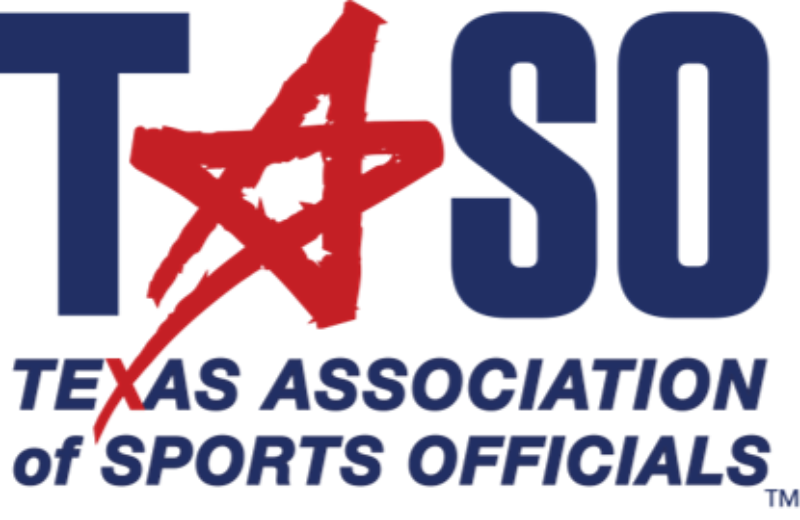
2023
7 WAYS TO AVOID ATTACKS
Referee
Unfortunately, in today’s culture, many officials have been followed out to their car by unfriendly people after a game. Others have been threatened during or after a game or perhaps even endured a physical assault. It takes a coordinated effort to deal with the problem of attacks against officials. That coordination begins with local officials associations or, for those officials who work directly for a league, the league that hires the officials.
Associations’ Role
An officials association needs to regularly educate its membership on sport or league rules that pertain to officials’ safety. Those rules range from governing ejections and fights to rules governing attacks on officials to rules and procedures governing unruly crowds. Associations should also address how to handle difficult or threatening spectators postgame.
An association also needs to reach beyond its membership. Meetings with the school, league and the tournament personnel who will be managing sites are essential. Those meetings should not be adversarial. Officials need to regularly remind people who are not officials that attacks and threats occur and they need certain things done to minimize their risk. However, officials must be cognizant of the fact that the people they are meeting with probably don’t regularly see or deal with attacks on officials.
An association should arrange security escorts, ensure security in the officials’ changing areas and review basic security procedures.
Education and coordination are keys to meetings with the non‑officials who can help in keeping officials safe.
Officials Must Commit to Safety, Work as a Team
An association also needs to communicate with mid and lower levels of affiliated organizations. A failure to meet and gain a commitment from those organizations could be the difference between a police officer recording an attack against an official as a fight instead of an attack.
All the meetings in the world are useless if officials associations don’t inform member officials about safety protocols. It is very easy for safety concerns to be a low priority item for some officials, and it is not uncommon for safety procedures to become poorly performed rote exercises.











